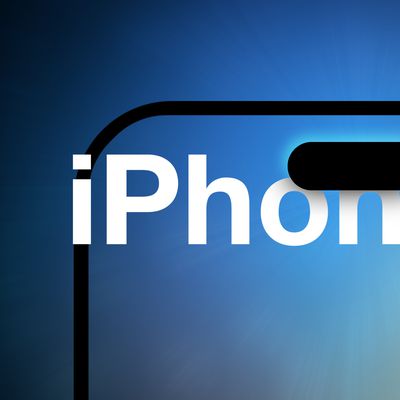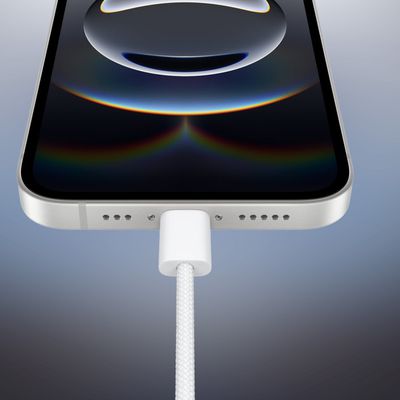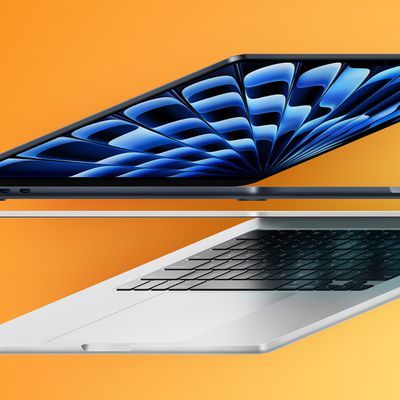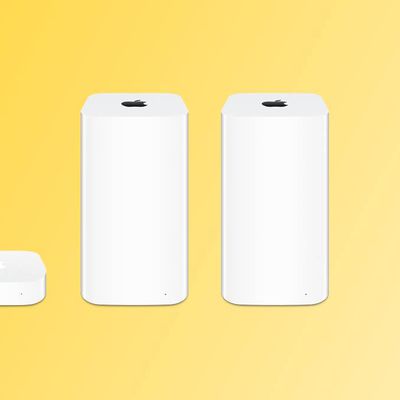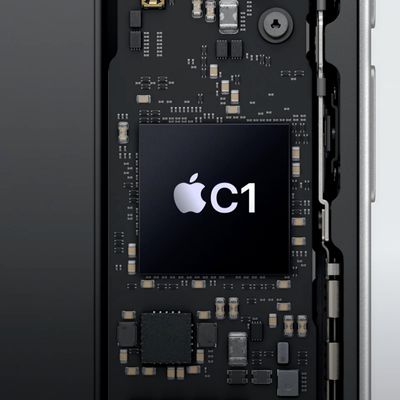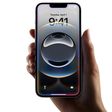Over the past two years, a number of app developers have been contacted by patent holding firm Lodsys, demanding licenses for and in some cases filing suit over patents related to in-app purchasing and other functionalities. Earlier this month, Lodsys gained renewed attention when it began a new round of lawsuits targeting a number of developers large and small, including Disney and Gameloft.
At the time of Lodsys' initial effort to extract licenses from App Store developers, Apple's General Counsel Bruce Sewell sent a letter to Lodsys backing App Store developers and claiming that Apple was "undisputedly licensed" to Lodsys' patents through an arrangement that also protected app developers. Apple later requested and was given limited permission to intervene in at least some legal proceedings on behalf of targeted developers.

Lodsys had responded to Apple's claims of protection for developers with both public blog posts and a private legal response to Apple in May 2011, and Lodsys had encouraged Apple to publish that legal response, but Apple apparently declined to do so.
In response to requests from developers seeking more information from Lodsys on the basis for its claims, Lodsys today released a redacted version of its initial legal response to Apple, dated May 31, 2011. Redactions include the removal of specific discussion of Apple's license terms with Lodsys.
The letter outlines a number of arguments as to why developers are not covered by Apple's license with Lodsys, pointing to Apple's own developer program agreements that strictly limit its relationships with developers to agency appointments rather than any broader business agreements.
First, you assert that, "[u]nder its license, Apple is entitled to offer these licensed products and services to its customers and business partners, who, in turn, have the right to use them." May 23 Letter at 1 (emphasis added). But, based on our review of [sic] publically available information, we understand that Apple expressly disclaims that App Makers are "business partners."
The response from Lodsys then proceeds to walk through six other arguments against Apple's claim that app developers are protected through Apple's license, including discussions of sublicensing, Apple's express disclaimer of any ownership interest in third-party apps, Apple's insistence that developers are solely responsible for liabilities related to their apps, and pass-through licensing issues.
Nearly two years later, the initial dispute remains unresolved, and Lodsys continues to contact developers in order to obtain licenses to its technologies with over 200 entities large and small now licensed for Lodsys' patents. Many smaller developers have found it simpler to agree to licenses representing small percentages of their revenue rather than face the prospect of lawsuits from Lodsys, but others remain in the crosshairs as Lodsys continues to stake its claims.




